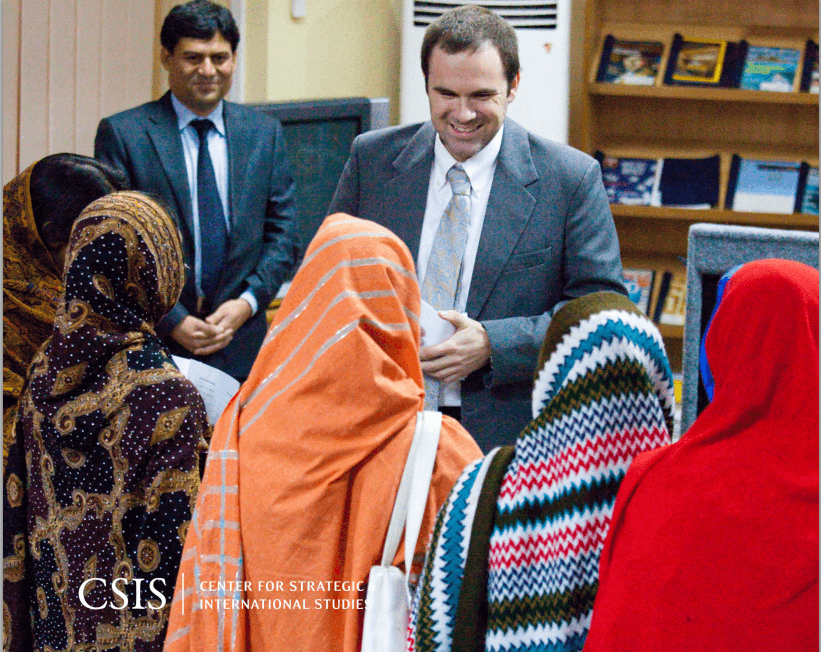
I had the opportunity to attend the public launch of a new report on Public Diplomacy today by the Center for Strategic and International Studies (CSIS). Entitled “Engaging the Muslim World,” the report is well worth reading and includes a few key highlights that are applicable to public diplomacy practiced by the U.S. worldwide.
The author, Foreign Service officer and public diplomacy practitioner Walter Douglas, noted that the report was intended to fill a gap left by many of the other reports and studies produced by think tanks and academia on the subject of public diplomacy over the last several years – namely, the perspective of PD practitioners in the field.
As a fellow PD practitioner (and colleague of Walter’s), I couldn’t agree more. As Walter and his report point out, everything from the messages, audiences, tools, programs, partners, and resources that we deploy in our public diplomacy efforts will vary widely depending on the local context and the country that we operate in. Such variety, moreover, defies easy characterization and generalization by Washington-based observers and policy makers.
Walter also made another important point in his presentation today. No matter how important and worthwhile we think public diplomacy may be, in the current budget environment we should not expect the United States government or the U.S. Congress to dedicate additional resources to public diplomacy. As a result, we need to focus on using our current resources to maximum effect. This speaks to the need for good strategic planning; identifying, replicating, and scaling best practices; and – in my view – enlisting the field perspectives to make sure our efforts are targeted appropriately in each country and not simply scattershot to broad regions or the world writ large.
Other important points in the report that will come as no surprise to those of us who follow or practice public diplomacy include the value of exchanges, alumni, English teaching, and other traditional programs, as well as the importance of face-to-face diplomacy, vernacular language ability, and the need to get out of our secure embassy compounds and into the local societies that we are trying to reach.
I’d be interested in other reactions to the report and any comments on these or other recurring topics in the public diplomacy field.
The views expressed in this blog are those of the author and do not necessarily reflect those of the State Department or the U.S. government. The author is a State Department officer specializing in public diplomacy, currently detailed to the IPDGC to teach and work on various Institute projects.

